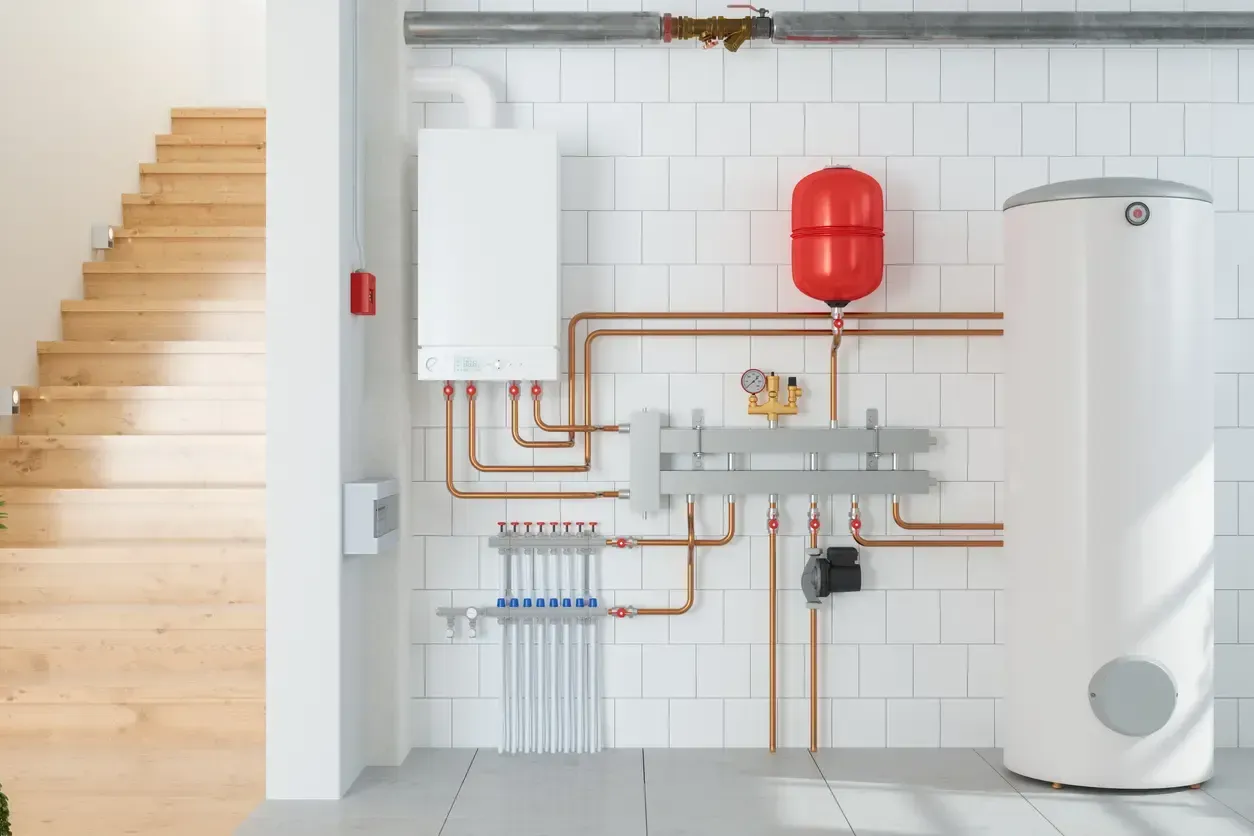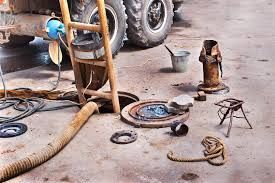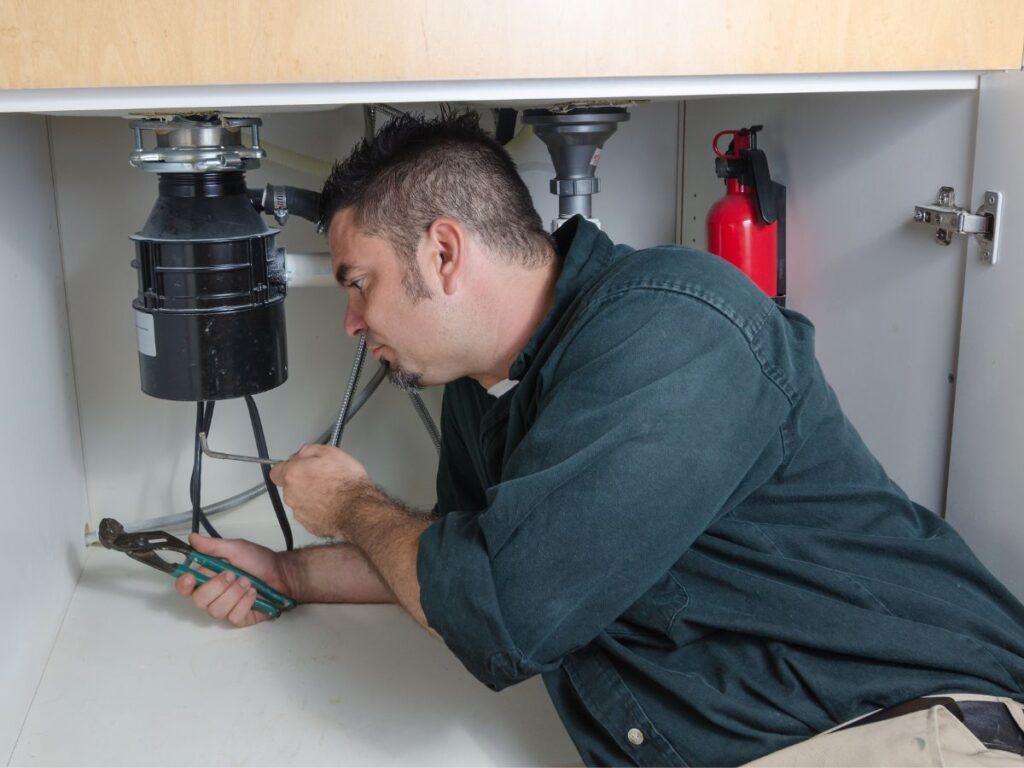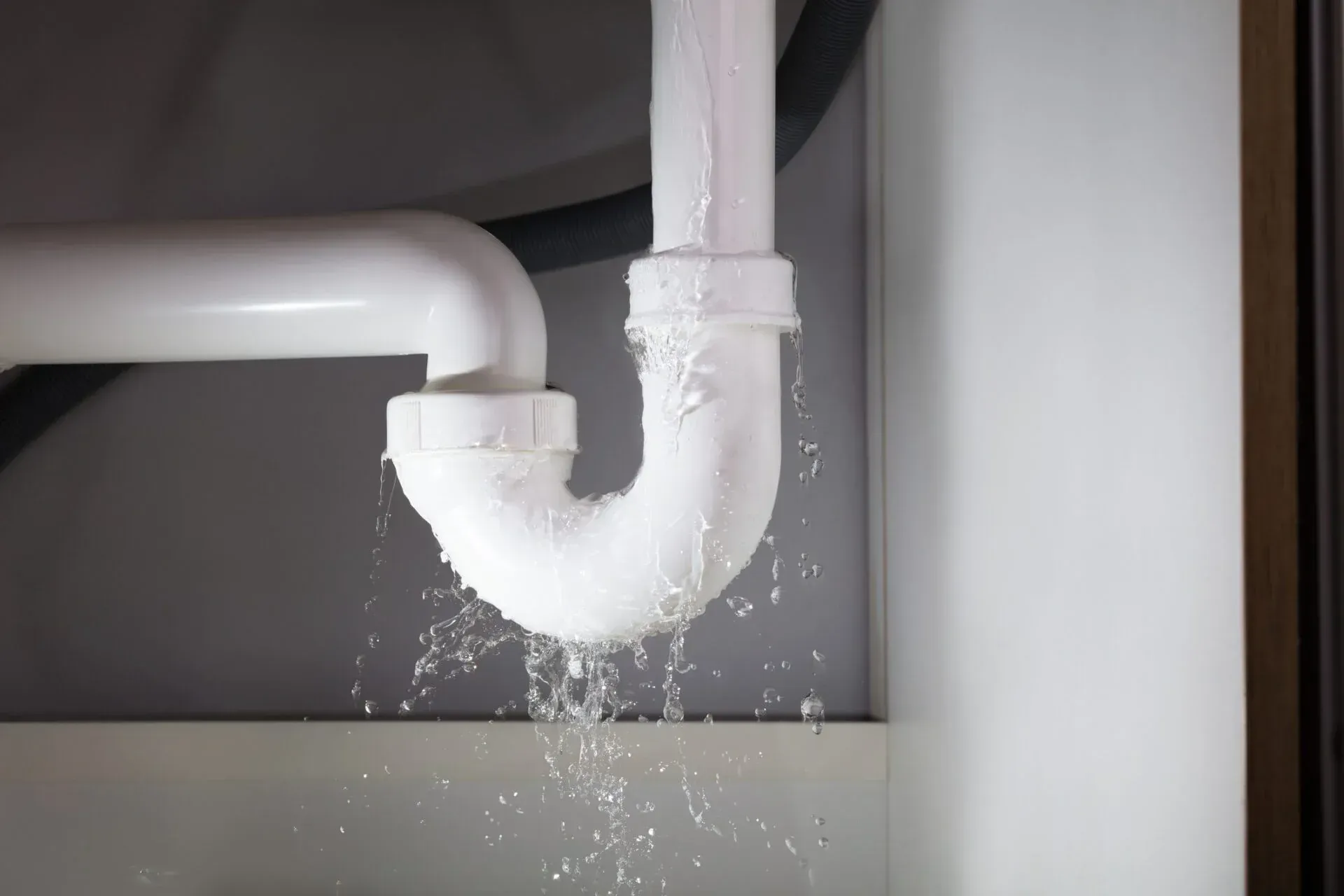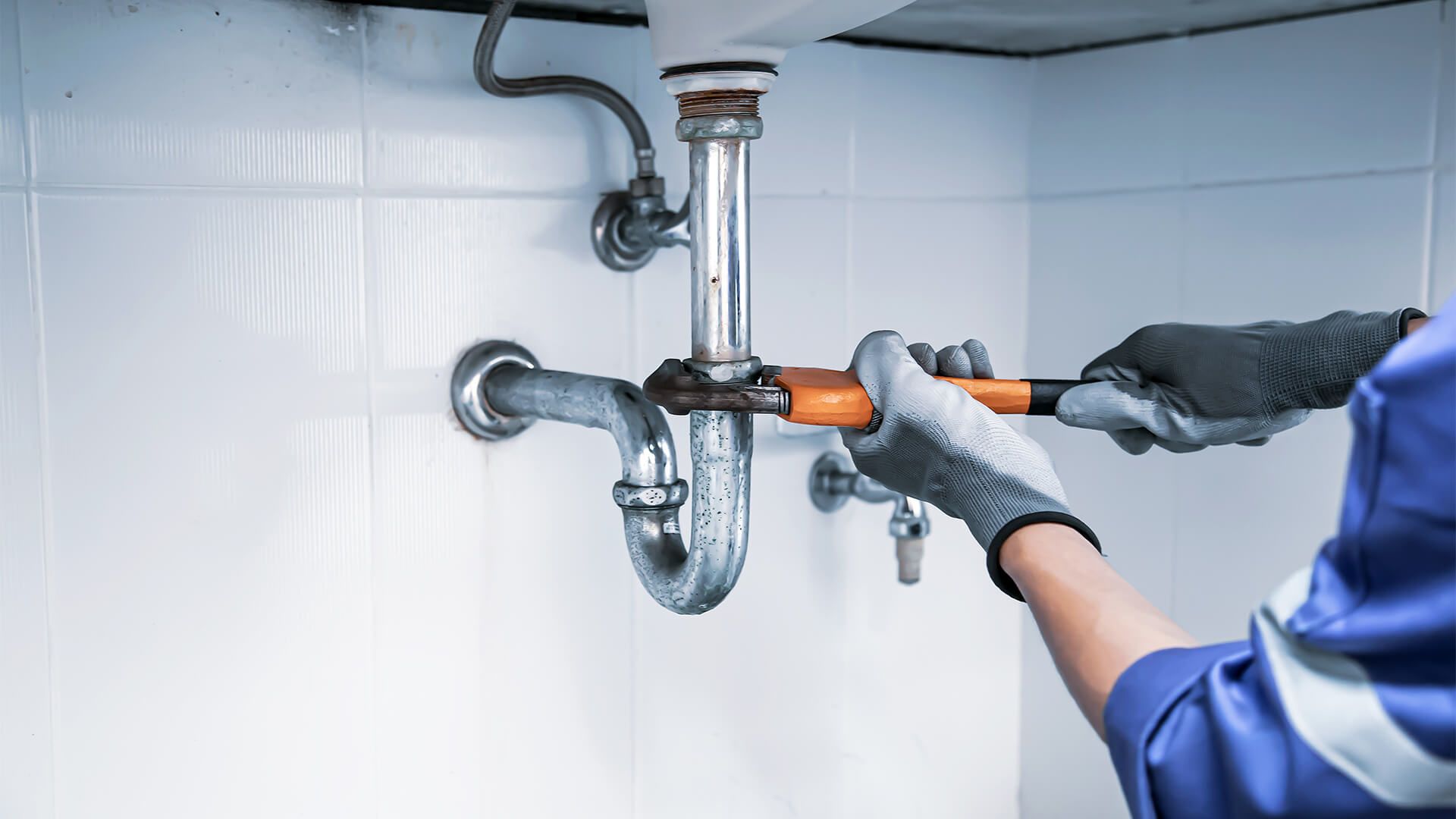The Common Types of Plumbing Used in Commercial Buildings
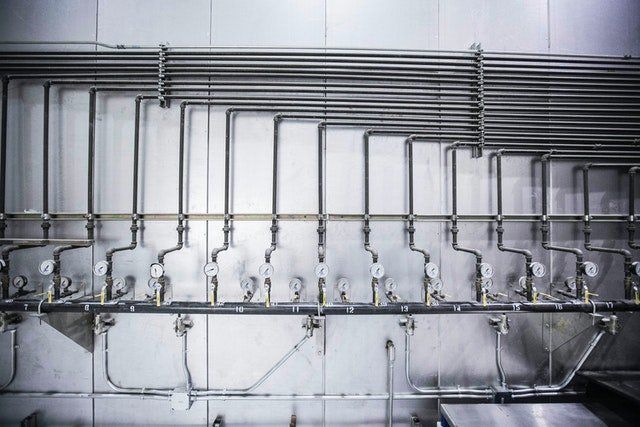
Choosing the plumbing components in a commercial building can seem daunting, but with the knowledge from a commercial plumber, you can rest assured that your plumbing system is reliable. In this article, learn about some of the common types of plumbing systems used in commercial buildings.
The Common Types of Plumbing Used in Commercial Buildings
1 – Galvanized Steel Pipe
Galvanized steel pipe is a very popular choice in commercial buildings because it is an affordable option and performs well in extreme temperatures. The galvanized steel pipe is made by coating the pipes in a layer of zinc, which is why it is also known as galvanized steel. Galvanized steel pipe is not a seamless pipe, so you will notice the end of the pipe is open on each end.
2 – Copper Pipes
Copper pipes are the most commonly used pipe in commercial buildings because these pipes are flexible and can be used in a wide range of temperatures. Copper is a malleable material, which means it can be bent into different shapes. This can be beneficial if you need to curve pipes around certain obstacles or angles.
3 – Plastic Pipes
Plastic pipes are a popular choice when water flow is needed, but space is an issue. Plastic pipes are available in different diameters to accommodate various plumbing applications.
4 – Cast Iron Pipes
Cast iron pipes are typically used to transport water. Cast iron pipes are known to be very durable and require little maintenance. The cast-iron pipes are also designed with a threaded end, so it is extremely easy to connect the pipe to another pipe.
5 – Brass Pipes
Brass pipes are a very affordable option for commercial buildings because brass is less expensive than copper. However, brass pipes are not flexible like copper pipes, so this material is not as commonly used in commercial buildings.
6 – PVC Pipes
PVC pipes are typically used in commercial buildings to transport water. PVC pipes are made from polyvinyl chloride, which is a material that is durable and easy to install. However, the pipes are only available in a limited number of diameters, so the pipes cannot be curved or shaped.
7 – PEX Pipes
PEX pipes are a form of plastic piping that is typically used to transport water in commercial buildings. PEX pipes have a special design that helps the water flow through the pipes. PEX pipes are very flexible and can withstand high temperatures, so they are a great option for commercial buildings that require plumbing in extreme climates.
8 – CPVC Pipes
CPVC piping is typically used in commercial buildings to transport water. CPVC pipes are available in a wide range of diameters, which makes it easy to use pipes in different configurations and curves. The pipes are also safe to use in extremely high temperatures, so this type of piping material is an excellent choice for commercial buildings in hot climates.
Conclusion
The type of plumber you choose to install your pipes can have a big effect on the overall health of your plumbing system. If you are unsure of what type of plumbing you need for your commercial building, it’s a good idea to get a second opinion from a reliable plumber.
If you need a plumbing company that offers all-in-one plumbing services , contact All City Plumbers. We offer emergency, commercial, and residential plumbing services in Birmingham, AL.
